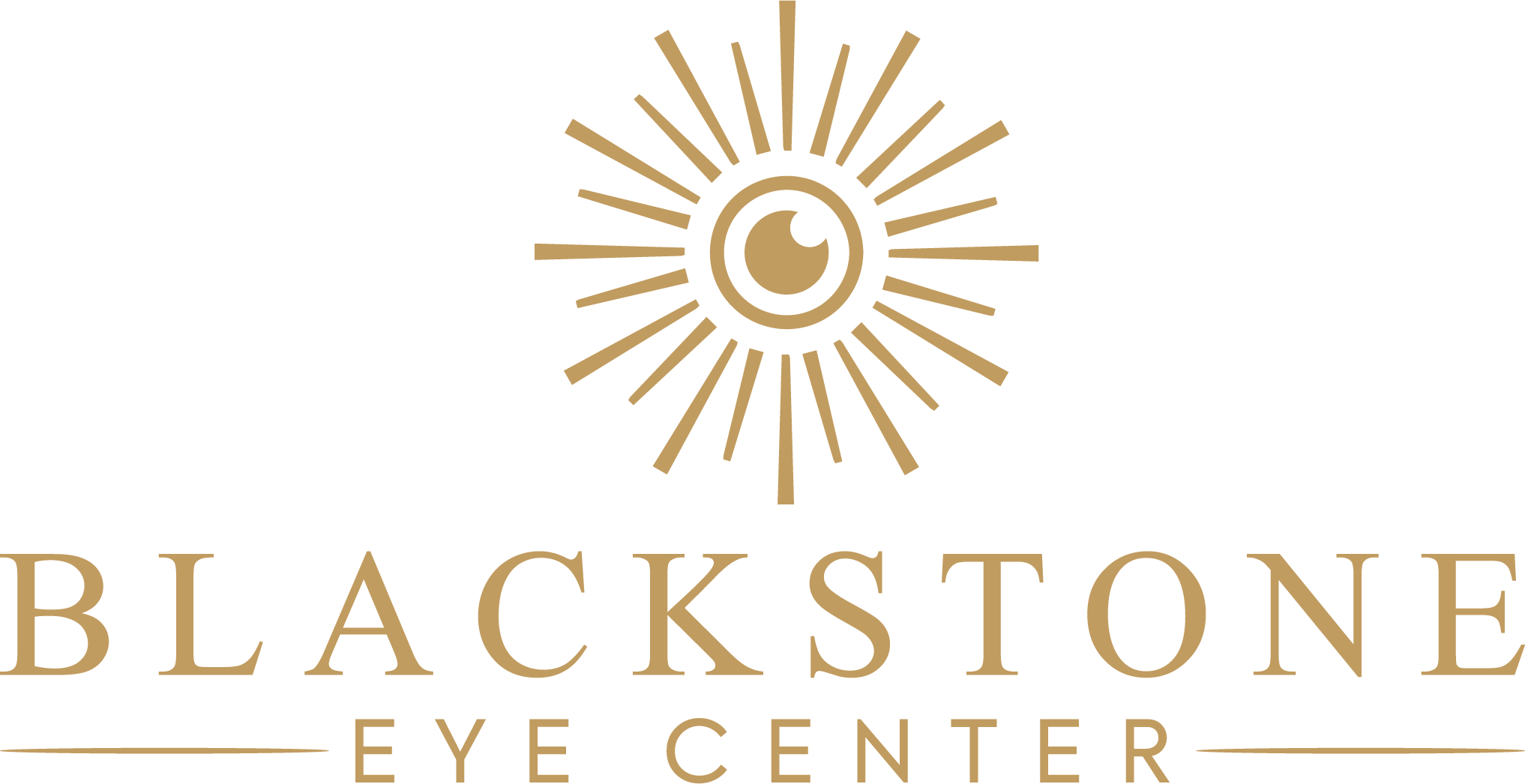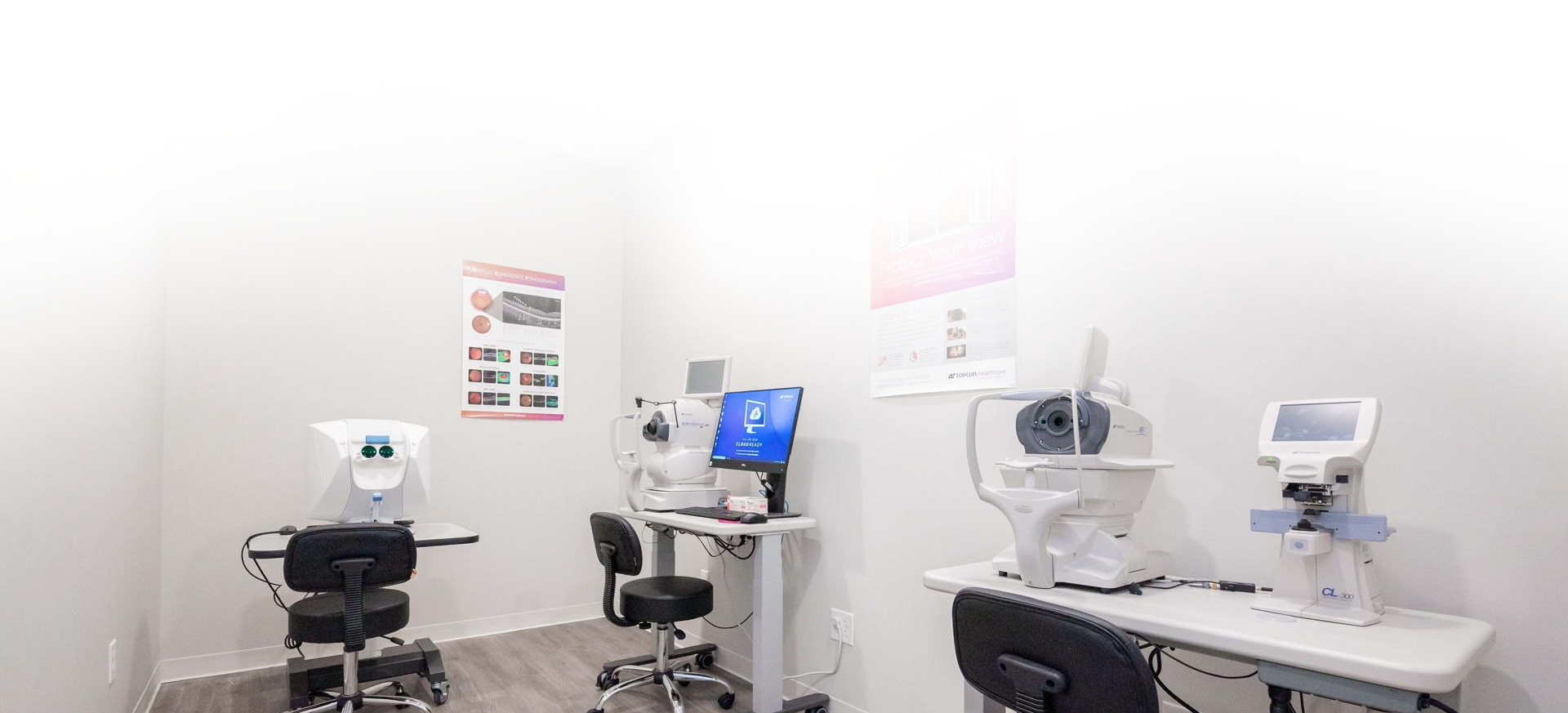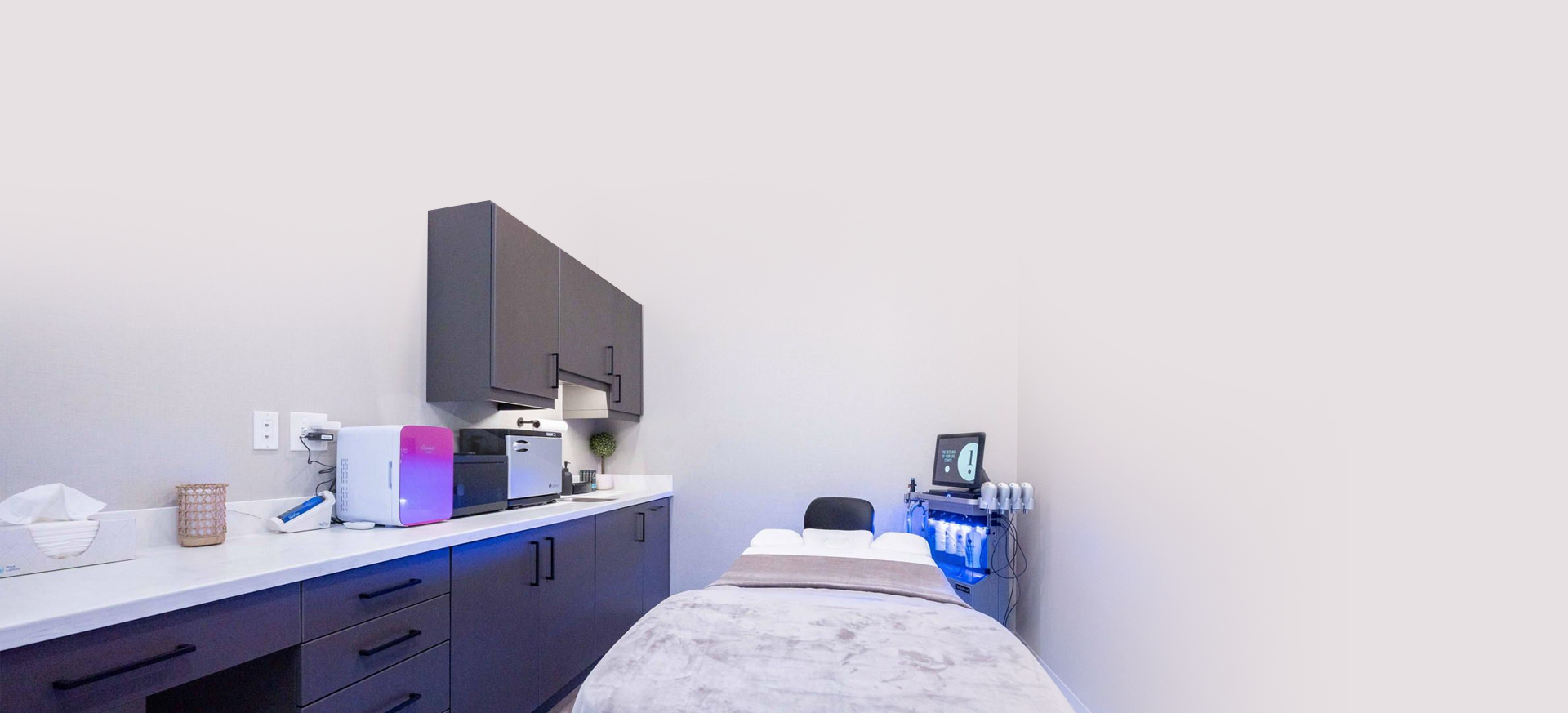
Macular degeneration is a medical condition that primarily affects the central part of the retina, known as the macula. This disease often results in a loss of central vision, which can significantly impact a person's quality of life. Macular degeneration is generally classified into two types: dry (non-neovascular) and wet (neovascular). While there is no definitive cure for macular degeneration, there exist several treatment options that can slow its progression and help manage its symptoms.
Traditional Treatment Options for Macular Degeneration
The treatment of macular degeneration depends largely on the type of the disease. For dry macular degeneration, the treatment options are relatively limited since no medical or surgical treatment can reverse the condition. However, certain lifestyle changes and nutritional supplements have been shown to slow the progression of the disease. The Age-Related Eye Disease Study (AREDS) found that a specific high-dose formulation of antioxidants and zinc significantly reduces the risk of advanced macular degeneration and its associated vision loss.
Wet macular degeneration can be treated with anti-VEGF injections, photodynamic therapy, and laser surgery. Anti-VEGF drugs are designed to block a protein called vascular endothelial growth factor (VEGF), which promotes the growth of abnormal blood vessels in the retina. Photodynamic therapy involves the injection of a light-sensitive drug into the bloodstream, followed by the application of a special laser to the abnormal blood vessels in the eye. Laser surgery, although less commonly used now, involves directing a high-energy beam of light onto the abnormal blood vessels to seal them off and prevent further leakage and bleeding.
What is Laser Eye Surgery?
Laser eye surgery is a type of refractive surgery that uses a laser to reshape the cornea, the clear front part of the eye, to improve or correct vision problems. It is primarily used to treat common vision disorders such as myopia (nearsightedness), hyperopia (farsightedness), and astigmatism. There are several types of laser eye surgeries, including LASIK (laser-assisted in situ keratomileusis), PRK (photorefractive keratectomy), and LASEK (laser-assisted subepithelial keratectomy).
The Advantages of Laser Eye Surgery for Macular Degeneration
First, laser surgery is a minimally invasive procedure that can be performed on an outpatient basis, which means less disruption to the patient's life compared to more invasive treatments.
Second, laser surgery is generally associated with a low risk of complications and a quick recovery time. Patients can often resume their normal activities within a few days of the procedure, and most experience significant improvement in their vision.
Third, certain types of laser surgery, such as subthreshold micropulse laser therapy, may offer the potential to stimulate the retina's natural healing response without causing visible damage or scarring. This could potentially slow the progression of macular degeneration and preserve vision for longer.
How to Decide if Laser Eye Surgery is Right for You
The decision to pursue laser eye surgery for macular degeneration should be made in consultation with an experienced optometrist who can evaluate your individual circumstances and guide you through the process. Factors to consider include the type and stage of your macular degeneration, your overall health, and your personal preferences and goals.
Explore the Right Treatment Option for Your Macular Degeneration Today
Macular degeneration is a complex disease that requires a comprehensive approach to treatment. While laser eye surgery may play a role in the management of this condition, it is just one of many treatment options available.
It's important to remember that there is no one-size-fits-all solution to macular degeneration. What works best for one person may not work as well for another. It's crucial to work closely with your optometrist to develop a personalized treatment plan that takes into account your unique needs and preferences.
For more information on treatment options for macular degeneration, visit Blackstone Eye Center at our office in West Chester, Pennsylvania. We want all our patients to enjoy the best possible vision at every age. Call (610) 708-5575 to book an appointment today.








